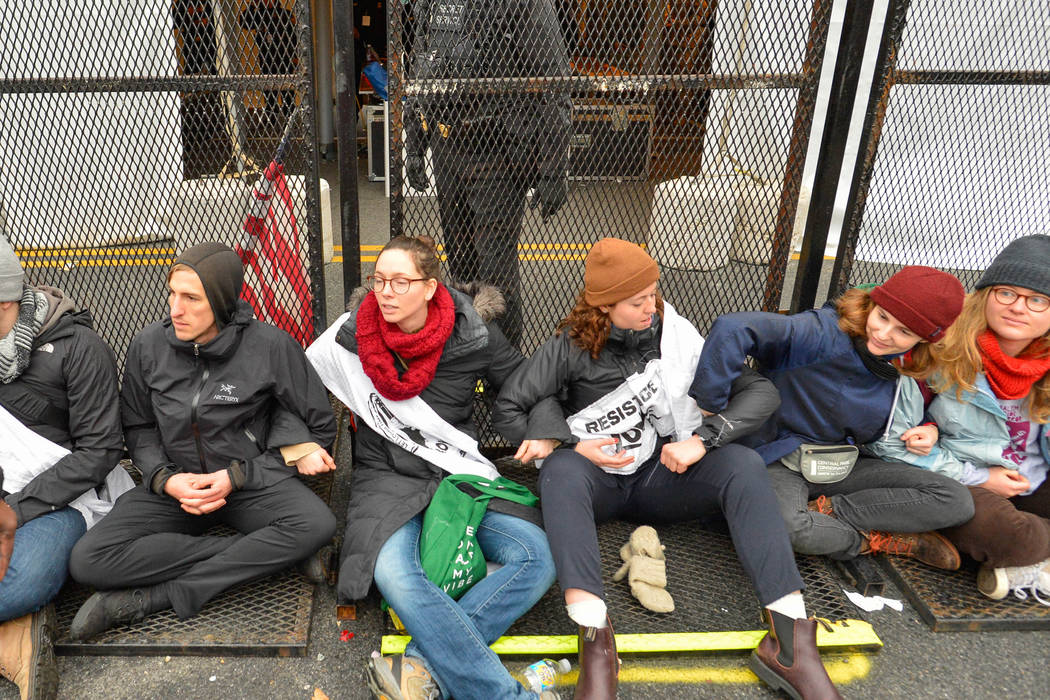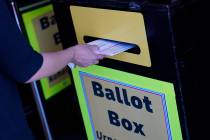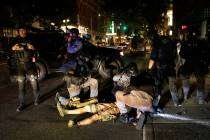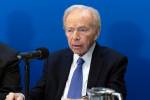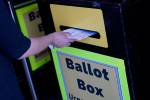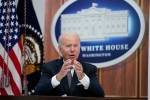COMMENTARY: A speech given 50 years ago eerily foreshadows today’s conflicts
A Harvard professor who has also served as a senior federal official writes of a “desire for order, and anxiety about change” that is widespread “among working-class and lower middle-class persons.”
He observes what he describes as “Regional conflict: New York and San Francisco vs. the great void, as the regions in between tend to be regarded at the extremities.”
He writes of, “the control or near control of the national media by elitist journalists convinced that ultimate issues of liberty were at stake, and taking a not inconsiderable satisfaction in relating the ways of the Yahoos.”
And, “Finally, the ambiguous role of the FBI, to which, mindlessly, the elite in both situations turned over custody of its most serious political problems.”
Add to that the professor’s concern about the potential rise of “a populist, illiberal conservatism.” And “an atmosphere of disunity and distrust of the most ominous quality.”
It sure sounds like something written in the past few days, weeks or months. It reads like an attempt to explain the political dynamics of the late Barack Obama-early Donald Trump era, or the FBI probes into Hillary Clinton’s email server or Russian influence on the election.
Yet these quotations all are drawn directly from an essay based on a lecture originally delivered 50 years ago — in late spring of 1967 — by Daniel Patrick Moynihan. The Clarke A. Sanford Lecture on Local Government and Community Life, delivered at the Delhi Agricultural and Technical College of the State University of New York, was elaborated by Moynihan into a book, “Maximum Feasible Misunderstanding: Community Action In The War On Poverty,” that was published in 1969 by the Free Press.
The more things change, the more they stay the same.
The book is a classic, as it well deserves to be. Moynihan went on to serve as American ambassador at the United Nations and 24 years as a U.S. senator from New York. He died in 2003.
Beyond marveling at what seems like the crystal ball-like prescience of Moynihan’s account, what can we learn from it?
One takeaway is that certain patterns in American life and history are hard to break. Technology and immigration and new construction give America a sense of dynamism and progress that is in many ways genuine. The internet, cellular phones, and personal computers didn’t exist in any widespread way in 1969, nor did a good number of the buildings that form the skylines of our cities. America’s population was more than 100 million less then than it is now.
But the phenomena Moynihan described — an elitist press, the coastal cities versus flyover country, the outsized influence of the FBI — have proven to be remarkably durable. All the more so because, in some of the sections quoted above, Moynihan wasn’t writing, or speaking, exclusively about the 1960s. He was also drawing parallels about how closely the 1960s resembled the 1940s and early 1950s.
If problems are durable, it follows that utopianism is risky. Not that positive change is impossible — it is both necessary and desirable. But it’s important to manage expectations. Moynihan quotes the British political philosopher Michael Oakeshott: “To try to do something which is inherently impossible is always a corrupting enterprise.”
Moynihan also quotes the American political scientist Aaron Wildavsky: “A recipe for violence: Promise a lot; deliver a little. Lead people to believe they will be much better off, but let there be no dramatic improvement.”
Above all, Moynihan wrote, “In seeking to change the present reality, an unflinching insistence on fact will be a major asset.”
That, at least, is a proposition on which all of us — “elitist journalist” or “Yahoo,” resident of coastal cities or of the “great void” — might be able to agree.
Ira Stoll is editor of FutureOfCapitalism.com and author of “JFK: Conservative.” His column appears Sunday.



